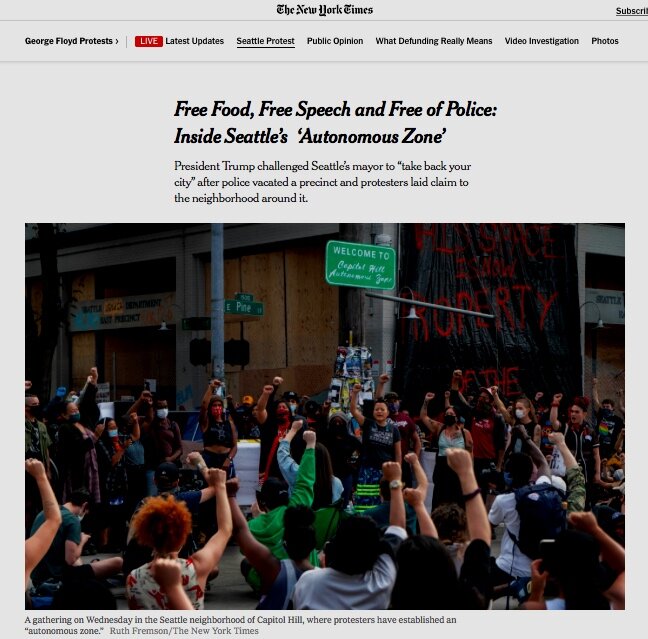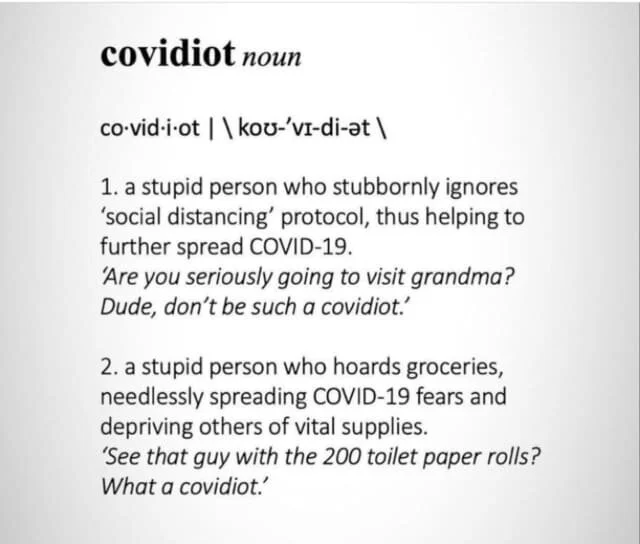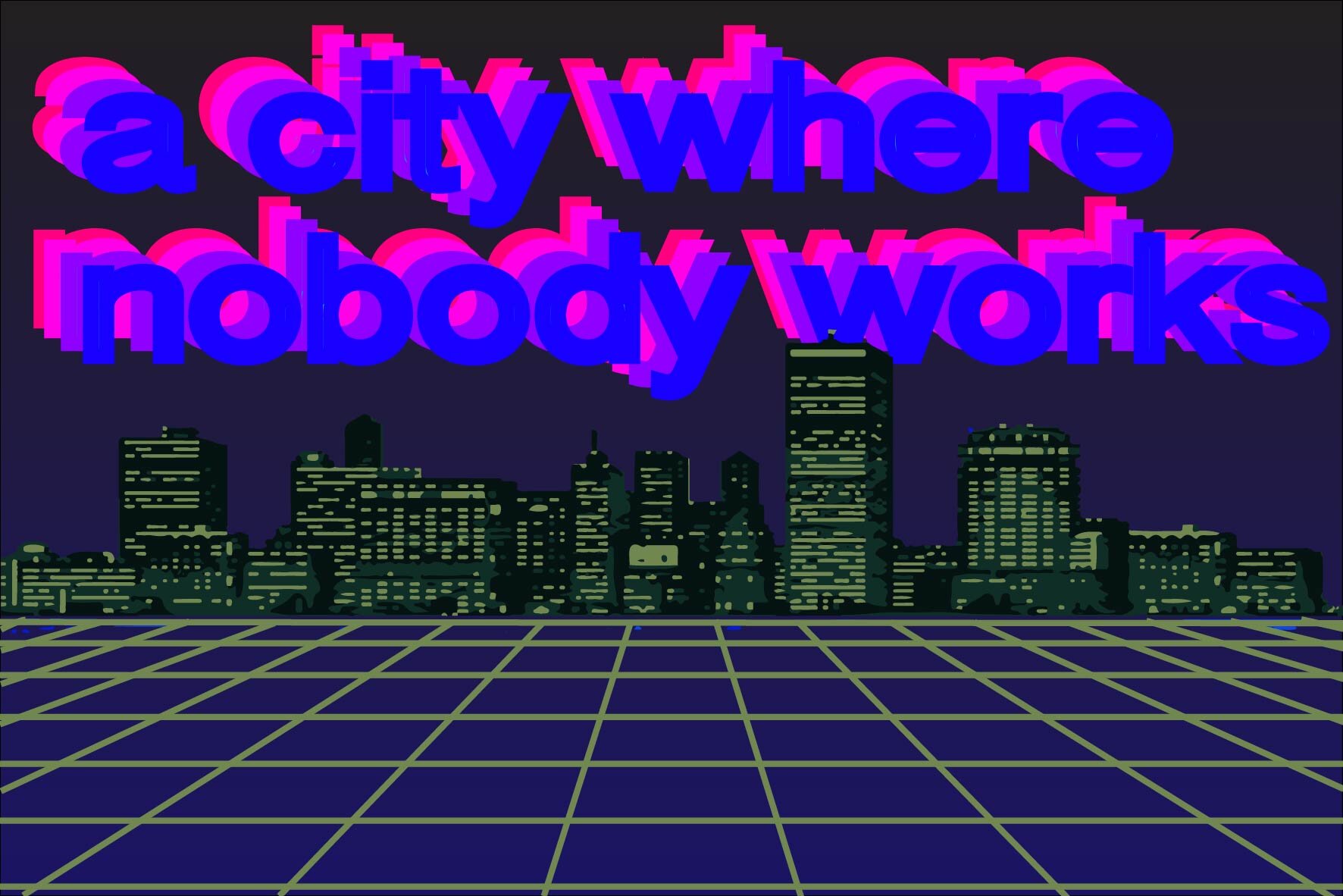A great indictment of the way that we structure our society is that those who have the solutions to our problems are stymied from implementing them.
In the 1970s, the critical theorist Jürgen Habermas briefly mentioned the concept of “radical professionalism”—a phenomenon that he suggested might rear its head in a moment of “legitimation crisis,” when the state and other established institutions proved to be ineffective at providing the kind of leadership and producing the kinds of outcomes that they were mandated to provide and produce. During such a moment, people belonging to various professions might come to understand their own mandates as conflicting with the systemic totality of the state and existing institutions. To truly serve their mandate—as doctors or architects or social workers or civil engineers or public health experts—they would require deep structural changes to society. Such radical professionalism comes to question the deep nexus between professions and capitalism.
The term “radical professionalism” may seem like an oxymoron, because of the degree to which professions are embedded within the system of capitalist accumulation. Professions have not only tended to operate according to a for-profit, capitalist logic, but also have served a vital role in allowing capitalism to reproduce itself and overcome its various contradictions. To understand how such a relationship between professions and capitalism formed (which I will not do here), we need to look back to the end of the nineteenth and beginning of the 20th centuries, when many of the professions were born (or indeed reformed into something resembling their current form). It was then that the professions assumed their enduring alignment with the dictates of capitalist extraction—an alliance that would simultaneously allow for the proliferation of professions and, at the same time, sanctioned all of them with strict limitations. A profession could exist, so long as it operated within the for-profit straightjacket.
The result is that most professions have been forced to organize themselves in ways that are extractive, monopolistic and myopic. Professions have been forced to be extractive because they have tended to be constituted as for-profit means of extracting monetary value from paying clients. The implication is that you cannot have quality services or care or design without paying for them. We have, as a society, made many compromises to pay for the services of professionals, and often this has been a poor investment—one that the mainstreams within the professions have, for obvious self-interested reasons, refused to admit.
Professions have been monopolistic because many they have tended to keep their expertise scarce in order to increase its market value. Through gatekeeping professional accreditation organizations, many professions have artificially limited their membership partially in order to inflate the salaries of its members. Many professions have replaced methods of care and administration that existed informally before they were established, and at their worst, accreditation organizations (backed by a litigious army of lawyers) have insisted upon the dangers and risks of attempting to solve your problems on your own or within your community. “Used a licensed _______, “ says their ransom note, “or risk losing your ______.” While quality control is of course another important (and worthwhile!) dimension of accreditation, there are ways of ensuring that all practitioners possess high-quality education without establishing a scarcity-inducing cartel that gatekeeps expertise.
Professions have been myopic because they fail to account for the bigger picture, the far-future, or those who cannot afford to commission their services in a capitalist economy. Professions have been prevented from realizing how they might plan for better and brighter futures, or even prepare the way for their own obsolescence. The best they can do, under present conditions, is rally for greater financial assistance to those who cannot access their services—a mere band-aid for what is a larger structural failure to design and distribute what should be shared by all.
My hunch is that these three aspects of a stymied professionalism are the real reason for all of the conspiracy theories we see today: almost every person that our society elevates has gotten to where they are by virtue of their heavy buy-in to a regime of accumulation that drastically limits the ability of its participants from being effective. To the casual observer, it appears that there is a conspiracy to prevent progress, when actually there is a systemic logic that conditions what is possible and what is visible.
What we need is a rebirth of the various professions, on different footings—a radical professionalism, if you like. Experts should be more accountable to the stakeholders who have to live in the world that they shape and perpetuate.
Can we even imagine a world in which we valued the knowledge and skills of our experts differently? Where the foundational principles of our myriad professions were allowed to inform how we build society, and in which their expertise could actually alter the overall structure when it became clear that the status quo was creating unnecessary problems and/or preventing some crucial progress?
Perhaps in such a future—one that seeks to diminish rather than unnecessarily perpetuate human work—professions would be conjured up as temporary task forces for solving and addressing a key set of problems and/or realize specific opportunities. In such a mode of organization, the profession would not need to indefinitely perpetuate itself as a source of income and stability for the professionals who fill its ranks. It therefore would not result in the kinds of “industrial-complexes” that contemporary capitalism does. This would be a kind of profession that, instead of creating perpetual dependency, builds the infrastructures that empower our society to thrive in new ways—independently of the ongoing subscription service of that professional caste. Here, a profession could be a “one-shot” instead of a loop—rather than turning into a myopic, extractive monopoly, the radical profession would seek to render itself obsolete by solving the problems is was conjured to solve.
One advantage of this framing is that post-capitalist society will be extremely complex, and will be impossible to organize without many of the existing professions. Any societal transformation that altogether alienates, abandons, or leaves behind these groups will likely fail. There is a tremendous amount of institutional knowledge that will need to be inherited (and much that will also have to be reworked, rewritten and redesigned!), and that cannot be done by activists.


















